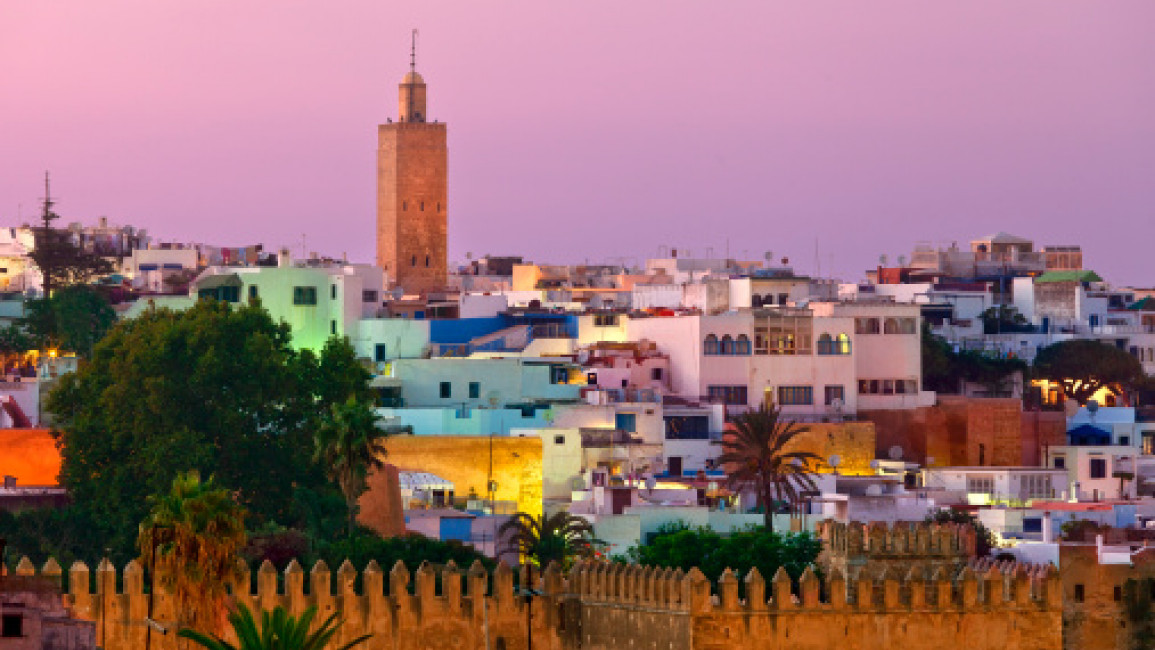Morocco goes to polls to elect parliament under controversial new law
Moroccans voted on Wednesday in parliamentary and local elections that will decide the fate of the Islamist party who have governed the kingdom since the Arab Spring uprisings.
The vote comes as the tourism-dependent economy makes a patchy recovery from a pandemic-induced 7% contraction last year.
Turnout for elections is already traditionally low in a country where the monarchy retains key decision-making power, but there is added disillusionment in some sectors about a new law that is seen to penalise the Islamist party.
"Everyone to the ballot boxes!" urged local daily newspaper L'Économiste, noting that turnout represented the "real stakes in today's polls" after only 43% of eligible voters cast ballots last time around in 2016.
Polling stations opened at 08:00 local time and will close at 19:00. The vote was unfolding "in normal circumstances" the interior ministry said, and preliminary results were expected in the evening.
Eighteen million voters are on the electoral roll, and citizens will vote for 395 national lawmakers, alongside more than 31,000 local and regional officials.
King Mohammed VI will name a prime minister from the party that leads the parliamentary poll to govern the nation of 36 million for the next five years.
Swept to power in the wake of the 2011 uprisings around the Middle East and North Africa, the Islamist Justice and Development Party (PJD) hopes it can secure a third term leading a ruling coalition.
However, the elections will be held in light of a rule change from the previous electoral process.
For months, Morocco has debated an electoral law change, with the threshold of votes required by a party to obtain an electoral seat, previously set at 3%, abolished.
The new electoral process adopted will see electoral seats being distributed according to a calculation that divides the total number of people registered to vote by the number of available seats in the electoral district.
The previous system saw the number of valid votes divided by the number of available seats.
This means the party that received the largest number of votes in the district will not be able to obtain more than one electoral seat.
This may deprive the PJD of 40 electoral seats and make it harder for the party to stay in government.
However, due to the minimum electoral threshold for a party to enter parliament being removed, smaller parties will have a better chance of obtaining seats.
This also means the National Rally of Independents (RNI), who want to remove the PJD from power, could be at an advantage under the new system.
The head of the PJD parliamentary group in the Moroccan house of representatives, Mustafa Al-Ibrahimi, said the system will lead to a "Balkanisation" of Moroccan politics.
"[It] strikes the foundation of the democratic process, which is competition[-based] in its essence," he said, according to Al-Araby Al-Jadeed.
In a statement to Al-Araby Al-Jadeed, Al-Ibrahimi said the amendments "contradict international agreements ratified by Morocco, alongside jurisprudential references and constitutes a regression and serious setback in the country".
Hisham Al-Mohajiry, a senior official of the Authenticity and Modernity Party, another of the PJD's biggest competitors, believes the new system will allow for "pluralism and an opportunity for all parties to compete, including smaller ones, after their rights were denied in the last elections".
In the final days leading up to the elections, PJD and its close rival the RNI have exchanged heftier blows.
Former prime minister and PJD leader Abdelilah Benkirane attacked the RNI's leader - billionaire businessman and Agriculture Minister Aziz Akhannouch - in a fiery Facebook video on Sunday.
"The head of government must be a political personality with integrity who is above suspicion," he said.
Akhannouch, who is said to be close to the royal palace, retorted in an interview on Monday that the attacks were "an admission of failure" by his opponents, vowing not to respond.
Following the last elections in 2016, the RNI leader secured critical ministerial jobs for his party, including the economy and finance and industry portfolios.
Besides the PJD and RNI, the liberal Authenticity and Modernity Party (PAM), formed by an influential royal adviser, and the centre-right Istiqlal Party are both seen as front-runners by local media.
The election campaign has been marked by PAM's allegations that the RNI was buying votes - denied by Akhannouch's party - while the PJD blasted excessive political spending without naming any party.
The tepid campaign has frustrated some voters and turnout is expected to be low.
Whatever the result, political parties are expected to adopt a charter for a "new model of development" with a "new generation of reforms and projects" in the coming years, the king announced recently.
All parties are expected to sign up to this, regardless of who wins the election.
The plan's major aims include reducing the country's wealth gap and doubling per-capita economic output by 2035.



